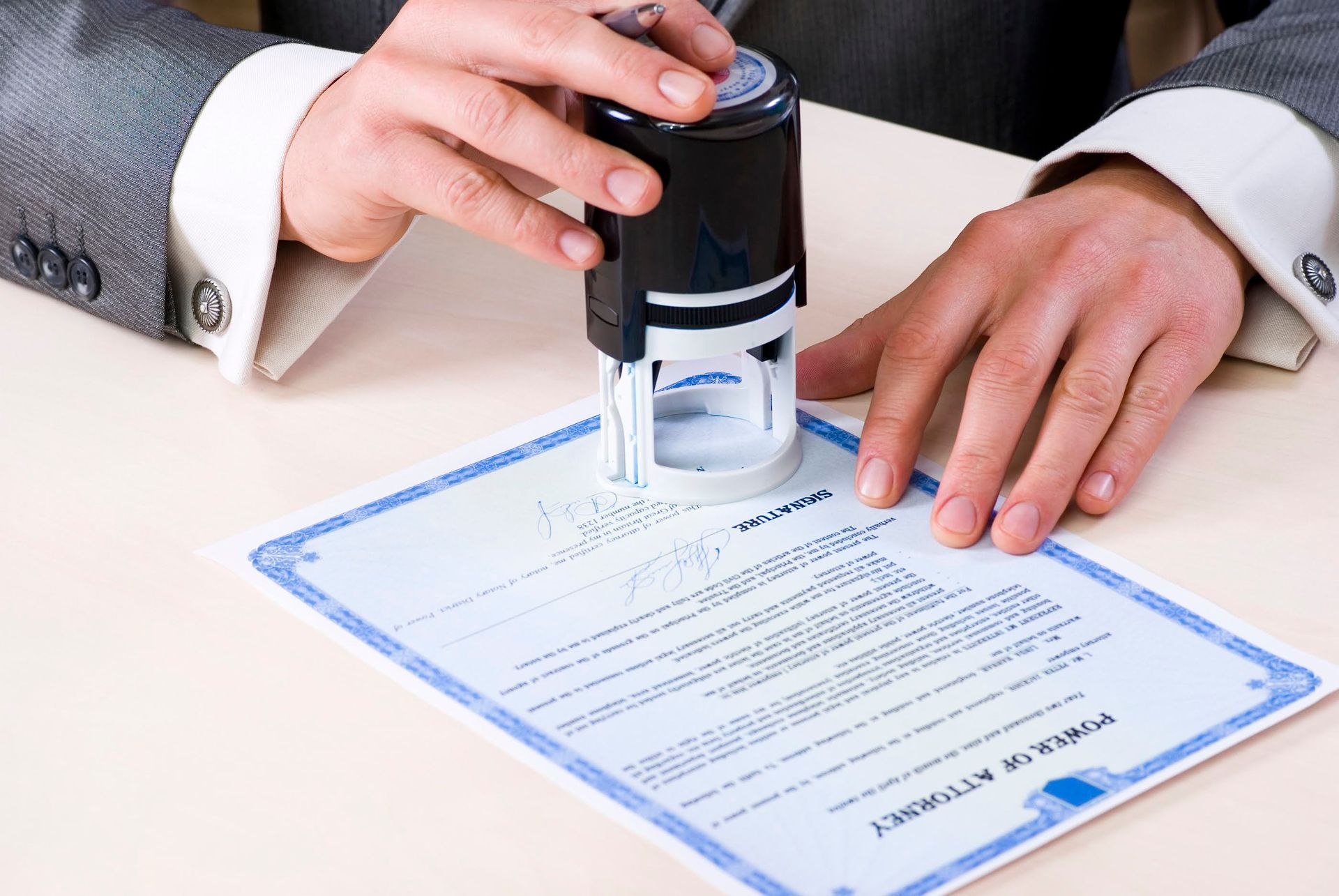Create a Living Will | Donald B. Linsky & Associates PA
While you may have created a will determining which of your loved ones will receive your belongings and assets when you pass away, you might not yet have put together a living will. A living will is actually quite different.
Living wills pertain to decisions regarding medical care. Should you become terminally ill or be in a vegetative state under which you are not able to communicate your needs and desires, what would you like to be done for you? Would you like the hospital to perform life-prolonging procedures? These are questions you must answer for yourself.
Many people employ the services of an estate lawyer in writing a living will, considering that the questions involved are difficult and sensitive. Read these tips to understand some of the dos and don'ts of writing a living will.
Do Consider a Variety of Options
When you write your living will, do not stick with just one scenario. Be as thorough as possible. For instance, do you want a doctor to perform CPR or fibrillation on you? Are you okay with breathing tubes? Do you want dialysis? What about painkillers? Explore many options to ensure your needs are met.
Do Appoint a Health Care Power of Attorney
The person to whom you grant power of attorney makes decisions linked to health care for you if you are unable to make such decisions and the issues are not detailed in your living will. You might also hear this person referred to as a health care proxy.
Don't Avoid Discussing Your Desires
Even if you have a living will in place, you should discuss with loved ones your desires for the future. You should also discuss your living will with your regular physicians, perhaps giving them copies as well.
When you discuss your wishes with your family, they will be less likely to argue about something they don't agree with in the future. If everybody is on the same page, they will feel more comfortable following your wishes.
It is very easy to avoid discussing unpleasant topics, like death or medical concerns, with those you love most. Still, doing so is important for your own comfort and healthcare needs.
Do Give Copies to Family Members
Again, giving copies of your will to family members ensures everybody is on the same page. Nobody is surprised by your wishes, and everybody has the opportunity to ask questions about what you may want.
Don't Choose Just Anybody for Power of Attorney
The person to whom you grant power of attorney should not be your physician or your bank. Some states prohibit these actions, but they are also just not good ideas. Instead, you should nominate somebody who knows you very well and wants to do what is best for you.
Additionally, you should consider listing an alternative individual in case your chosen one is unable or unwilling to make decisions.
Don't Wait Until You Have Health Problems
You do not need to be elderly or have health problems to write a living will. In fact, anybody can benefit from establishing desires and wishes for their health care.
Do Hire a Lawyer You Trust
Choose an attorney you trust to put together these pertinent documents. Lawyers ensure you have included every scenario necessary, especially those you might not want to think about.
Lawyers are also helpful because they can modify your orders should they change. Your lawyer will always have the most recent copy of your living will, meaning there is no dispute about what is happening. You may wish to modify your orders if you receive a new diagnosis, change your marital status, or change your mind about certain health care issues
Are you looking for an attorney to help you with your probate and estate issues? Call Donald B. Linsky & Associates PAtoday to learn more about setting up a living will.













